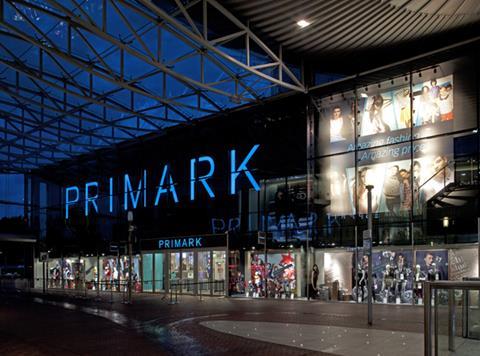
The boss of Associated British Foods underlined his confidence in Primark’s bricks-and-mortar strategy yesterday as the chain unveiled plans for more than 130 new shops and said it would not raise prices despite supply chain pressures (The Times £). Discount clothing retailer Primark is embarking on an aggressive US expansion, betting that it can succeed in a hugely competitive market that has humbled many UK retailers (The Financial Times £). Primark owner, Associated British Foods, has set out ambitious overseas expansion plans as it bets on a strong sales rebound from the Covid-19 pandemic, with customers returning in large numbers in countries where vaccines have been rolled out (The Guardian). Primark is bouncing back sharply from the pandemic with plans to open a slew of new shops and pay a special dividend to investors (The Daily Mail).
Primark is experiencing “limited availability” on some of its product lines due to supply chain disruption, the retailer’s owner has said (Sky News). Associated British Foods has estimated it lost another £2bin in sales from the closure of Primark stores last year due to coronavirus restrictions (The Daily Mail).
Primark swims against the tide. While other retailers ramp-up online sales, the fast-fashion chain is building 130-odd more shops over five years. Its concession to the world of ecommerce? A redesigned, non-transactional website launching next year, initially in the UK. (The Financial Times £)
Primark’s American dream won’t be as ill-fated as Tesco’s, writes The Guardian’s Nils Pratley. “Primark is confident it scores better on price than local rivals while offering more fashion pizzazz. Tesco was in a different game. It was pushing an upmarket format that was unlike its UK mode.” (The Guardian)
The Times (£) writes: “ABF may suffer from a potential conglomerate discount, as investors aren’t generally fond of disparate businesses bolted together. The level of influence the Weston family exerts by owning a 54.5% stake may be less desirable, as well. But a bargain valuation, together with the prospect of better cash returns, compensates for the downsides.”
Supermarket price inflation has reached its highest level for more than a year adding to cost of living pressures, according to industry figures (Sky News). Food prices are rising at their fastest pace since August 2020, figures from data firm Kantar suggest, as supply chain disruption continues (The BBC). Food price inflation reached a 14-month high in October with the prices of favourite snacks such as crisps and soft drinks rising the most, according to new figures (The Guardian).
Consumers are racing to buy Christmas puddings and frozen turkeys early as fears mount over a festive shortage. (The Telegraph)
The Telegraph writes: “While grocery sales fell by 1.9% year on year in the 12 weeks to 31 October 2021, Tesco was the only supermarket to post growth, and although a 0.3% rise in sales during the 12 weeks to the end of October can hardly count as spectacular, Britain’s foremost food retailer has been bucking the trend for some time now.” (The Telegraph)
The chief executive of Philip Morris International has said the two houses of Marlboro will not be reunited, telling the Financial Times that PMI will no longer pursue a combination with fellow tobacco group Altria. (The Financial Times £)
Spending at Pret a Manager’s stores in the City of London and Canary Wharf surged to 86pc of pre-pandemic levels last week, the highest since the start of the crisis, Bloomberg’s “Pret Index” revealed. (The Telegraph)
Brewer and pub operator Shepherd Neame has suffered more than £4m in losses after Covid-19 restrictions rendered it unable to operate for much of the period. (The Daily Mail)
Britain’s employers are offering bonuses of up to £2,000 to recruit Christmas workers amid fears over staff shortages disrupting the festive season. (The Guardian)
Panera Brands, the casual dining group owned by German conglomerate JAB Holdings, has secured an investment from restaurateur Danny Meyer’s special purpose acquisition company as it plans to return to the public market. (The Financial Times £)







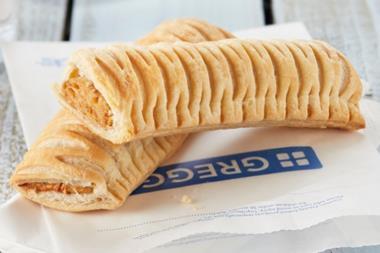

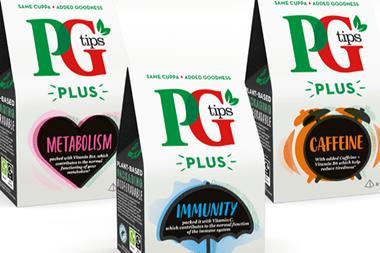
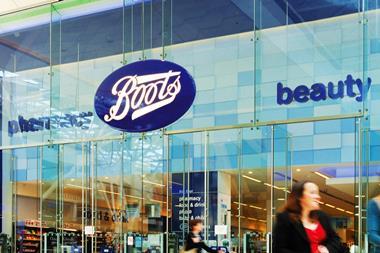
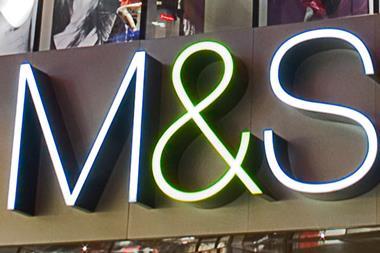
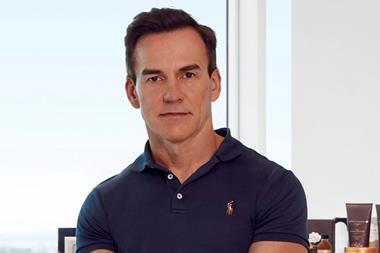






No comments yet